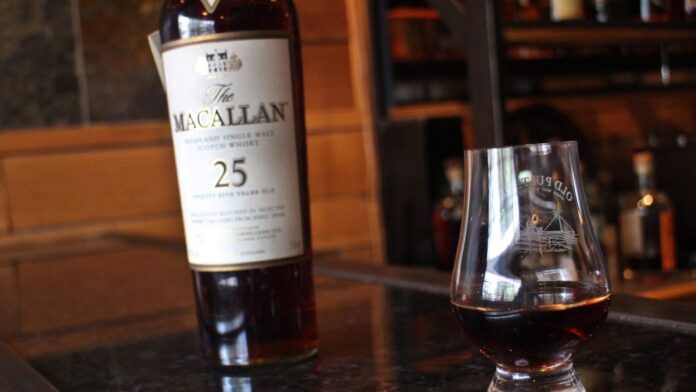General Assembly is once again attempting to change an old law that has been a bane for many bars and restaurants in the state.
Senate Bill1163 has been introduced in this session. It aims to reduce the current Virginia food-to liquor sales ratio that is imposed upon holders of ABC mixed beverage restaurants, caterer’s licenses, and limited catering licenses.
Businesses that sell alcohol under these licenses must have food sales account for at least 45 per cent of their annual gross sales. This leaves 55 per cent of their sales to come from liquor sales.
According to the new legislation proposed Republican Sen. Ryan McDougle these licensees could either sell more spirits in relation to food or they would not be bound to a food to liquor ratio at all.
If a licensee has a monthly food sale of at least $4,000, but less than $20,000. The ratio must be 35 percent. According to the bill, licensees would not have to adhere to the ratio if their monthly food sales are at least $20,000.
According to the proposed bill, mixed beverage licensees will calculate their food-to beverage ratio based on the gross receipts they receive from sales of nonalcoholic beverages and food consumed in the establishment.
The ratio for the limited and caterer licenses would be calculated by dividing the gross receipts of food and nonalcoholic beverages served at events, by the gross receipts of alcohol, nonalcoholic drinks, and food sold at events.
The state does not regulate the sale of liquor by regulating food and beverage sales ratios.
The bill was submitted in the currently underway General Assembly session at the beginning of this month. The bill is awaiting a Senate Committee hearing, and then if it’s approved will be voted on by the entire Senate chamber.
McDougle’s office did not respond to requests for comments on the legislation.
Since years, the state’s alcohol sales law has caused a lot of controversy among bars and restaurants. The ratio has been criticized by opponents as being too difficult to follow. Legislative attempts to amend the law dating back to decades have also been made.
In 2024 Republican Sen. Bryce Reeves introduced a similar law that was eventually defeated by a House Subcommittee, after it had passed the Senate. Before the governor can give a final decision, legislation must pass both chambers.
McDougle’s bill would extend the ratio exemption for a wider range of businesses. The failed bill last year proposed that licensees who had at least $35,00 in food sales per month wouldn’t be subject to the 35 percent requirement.
The bill for this year is the result of a lawsuit that was filed by the restaurant Fish & Slips, in Portsmouth. They argued the liquor laws violated the constitution of the state. The suit is still active according to online court records. Radio station WVTF reported that the dispute could potentially hinder the pending legislation, because the General Assembly doesn’t typically pass laws which would affect ongoing litigation.
NEWSLETTER SIGNUP
Subscribe to our newsletter! Get updates on all the latest news in Virginia.



